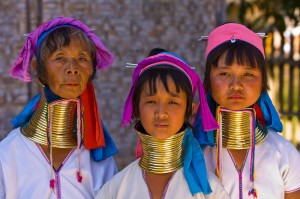“This spectacular province is home to our people who have preserved our way of life. We are proud of our culture and heritage and most importantly we want to share it with the world. We want to celebrate the fact that we’re still here.” (promotional video for Aboriginal Tourism Association of British Columbia).
Ecotourism is a niche market that includes responsible travel to fragile, pristine and usually protected areas. The goals of ecotourism are to
- educate the traveler
- provide funds for conservation
- directly benefit the economic development and political empowerment of local communities
- foster respect for different cultures and human rights. (encyclopedia of ecotourism)
While there is a strong tendency to focus on case studies in countries such as Costa Rica, Brazil and Ecuador, I am interested in the growing ecotourism industry here in British Columbia. I teach a class focused on ecotourism at the highschool level (I’m currently teaching it for the second time) and I include a unit on First Nations ecotourism in BC. Ecotourism affords First Nations communities a chance to educate visitors in their culture and history, which aids in the breaking down of stereotypes. It also affords new economic ventures coming from sustainable use of land and natural resources.
However as with all tourism, there are both benefits and threats. The ETEC 521 course shell points out that there is a need for Indigenous communities to protect vital resources from outside exploitation. How do communities balance educating non-Indigenous people, while preserving their culture? What are the other potential threats to culture that an increase in ecotourism would bring?
I would like to start by surveying the variety ecotourism opportunities available in British Columbia and then follow by assessing the potential threats/benefits to First Nations culture. The Journal of Ecotourism will likely be a valuable resource as it includes articles such as:
Indigenous Ecotourism in Central British Columbia: The Potential for Building Capacity of Tl’azt’en Nations Territories
Not “Ecotourism”?: Wilderness Tourism in Canada’s Yukon Territory
I have also obtained a copies of the following books:
Indigenous Ecotourism – Sustainable Development and Management
Ecotourism – Management and Assessment

